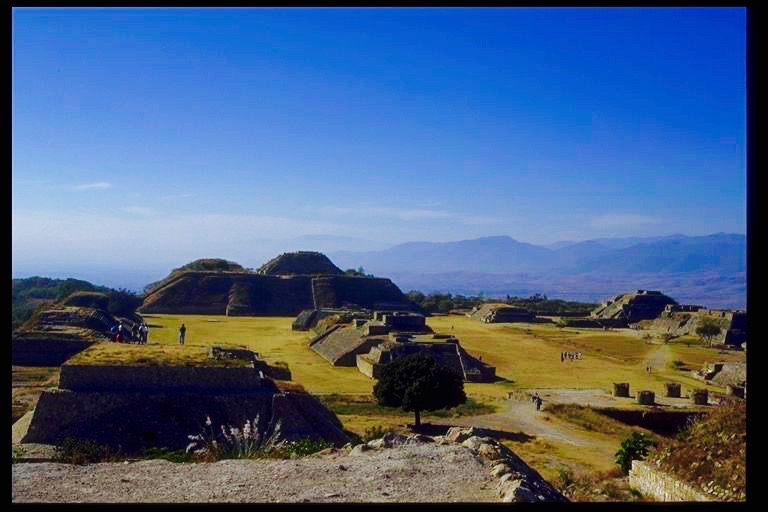
El Brujo (Solace 5 & 6)
5
I light the gas stove and run water from the tap into the coffee pot. Some things, especially the stupid ones, are so automatic. I am in a dream state, still half asleep, not thinking, half-dreaming, still influenced by the mescal. I turn off the tap and open the fridge. I take out a plastic bottle of cold water and pour into an open saucepan that I place on the gas.
Thoughts tumble through my head, night thoughts, crazy thoughts, hallucinations fuelled by last night’s mescal.
… the man in the moon now wears my father’s face … he perches like a scarecrow on the dead stick of a returning rocket … and the Mexicans launched a rabbit to the moon before the Americans ever went there, well, a rabbit to the sun anyway, and he put it out and caused the moon to be formed, moon-raker, moon-maker, jack rabbit, rabbit pie in the sky … and the second sun sizzling, then put out, staring now, like a blinded eye … death’s face simmering in the stew-pot moon and everyone doomed as the white rabbit scuttles down his narrow escape tube and back into his burrow … high flames flicker on zopilote’s wings and bring an end to darkness … Zopilote, the Trickster, the bringer and bearer of the sun’s early morning fire … Lucifer, the morning star, the bearer of light, a new star rising among star-crossed generations … red scars of tulips, casting shadows on white-washed wall, twisting shadows, shadows dancing as they struggle to take shape … three women, dancing in the limelight, and the old man, standing there, wringing his hands, then vanishing, a soap bubble, borne away on the wind that catches children’s balloons and floats them away, up into the air … to where the returning warriors play their hummingbird games around the sun, returned from their death like all the dead, here in Oaxaca, are said to return … and the people placing food and drink on altars in their homes for their dearest beloveds to return once a year … down the moonlight’s marigold path, to feast and be fêted by their families … all the dead … returned …
“All the dead …?”
But this is nonsense: I can’t believe I saw my father last night. I couldn’t have seen him. I buried him a long time ago, a long way away. What did I see then, a living man, a man who looked like him? But he was wearing the suit in which I buried him. It had to be my dad.
I just don’t understand. There must be someone I can ask, a priest, an elder, someone who knows all about the local customs and what happens here. I can’t believe it was him. Do things like that happen? I’ve got to find out, I’ve got to know. There’s so much I want to know.
6
A solitary bell that hangs in the tower of the church of St. James. Every day, an altar boy climbs the tower steps, with a hammer in his hand, kneels beside the bell, and beats it. The bell lurches into life and lets out the cry of a struck anvil in a hot forge where the farrier tends the horse’s hoofs. Six times the hammer strikes to warn the parishioners to hurry along, because morning mass is imminent.
A sudden urge to go to mass sweeps through me. I dress quickly, hurry down to the courtyard, and meet Mario, the handyman.
“Buenos días, señor.”
“Buenos días, Mario.”
“It’s peeg day, señor.”
“So it is. I won’t forget,” I slip out of the front gate and hurry down the street.
Outside the church door, two young people squat on the ground in front of El Brujo, the local witchdoctor. The young man, eyes closed, threads a cactus thorn through his lips. Dark blood oozes and El Brujo catches it in a little earthenware bowl. Beside him the young girl carries a flower-filled basket on her head. The aroma of the incense El Brujo burns on his fire tickles my nostrils.
… light are the flowers … heavy cruel stones lie beneath them and weigh the basket down … twelve girls in floral dresses stand outside the church of the Soledad… they pick up their baskets … place them on their heads … hand on hip, one arm swinging free they wait for the high priest to bless them … then they start their pilgrimage … twelve girls … twelve churches … each will leave a floral tribute in a church … the twelfth … the petitioner … will continue to the cathedral .. alone … the petitioner frames a question as she waits for the blessing … will her mother live? … and her lips whisper an answer … please let my mother live …perhaps … if her brother sheds enough blood … if her daughter carries a heavy enough weight for long enough …
El Brujo looks at me and snaps his fingers. I shake my head and my dream flees. El Brujo closes his eyes and hums a rhythmic chant. I walk past the group and enter the church.












